24 Well-Paying Jobs for People Who Want to Work Outdoors

The pandemic changed a lot about our daily lives, including working from office cubicles all day. A May survey for Bloomberg showed that 49% of millennials and Gen Zers would quit their jobs rather than return to office work post-pandemic. If you’re dreaming of spending more time outdoors as well, here are some of the best-paying outdoor jobs sourced from real people, Salary.com, and the Bureau of Labor Statistics, and listed according to median salary.
Related: How to Earn Money Working From Your RV

Maintain, install, and repair wind turbines in the field.
Salary: $48,964
Pros: The BLS predicts a 61% increase in hiring needs by 2029. No degree is needed, because training is acquired through a trade school.
Cons: Potentially hazardous working conditions. Not for people who are afraid of heights.
Related: Which States Will See the Biggest Impact From Biden’s Climate Plan?

Protect lives and property in residential areas or by fighting wildfires in more remote, forested locations.
Salary: $49,010
Pros: A well-paying job that doesn’t require a college education.
Cons: Long shifts with dangerous working conditions.
Related: Military Skills That Can Help Land a Civilian Job

Ensure the structural soundness of buildings being sold or occupied. It demands “scrutinizing every nook and cranny,” says Jack Miller, a former building inspector and current home improvement and pest control expert at How I Get Rid Of.
Salary: $58,721
Pros: Hands-on work and camaraderie with team members.
Cons: “If you don’t want to get your hands dirty, this job isn’t the right one for you,” Miller says.
Related: 35 Great Jobs for Retirees

Install, maintain, and repair solar energy systems.
Salary: $58,888
Pros: Hands-on projects that help people and the planet.
Cons: Long days with lots of driving to worksites. Manual labor such as carrying solar panels can lead to injury.
Related: Jobs That Could Grow Even In a Bad Economy
For more great employment tips, please sign up for our free newsletters.
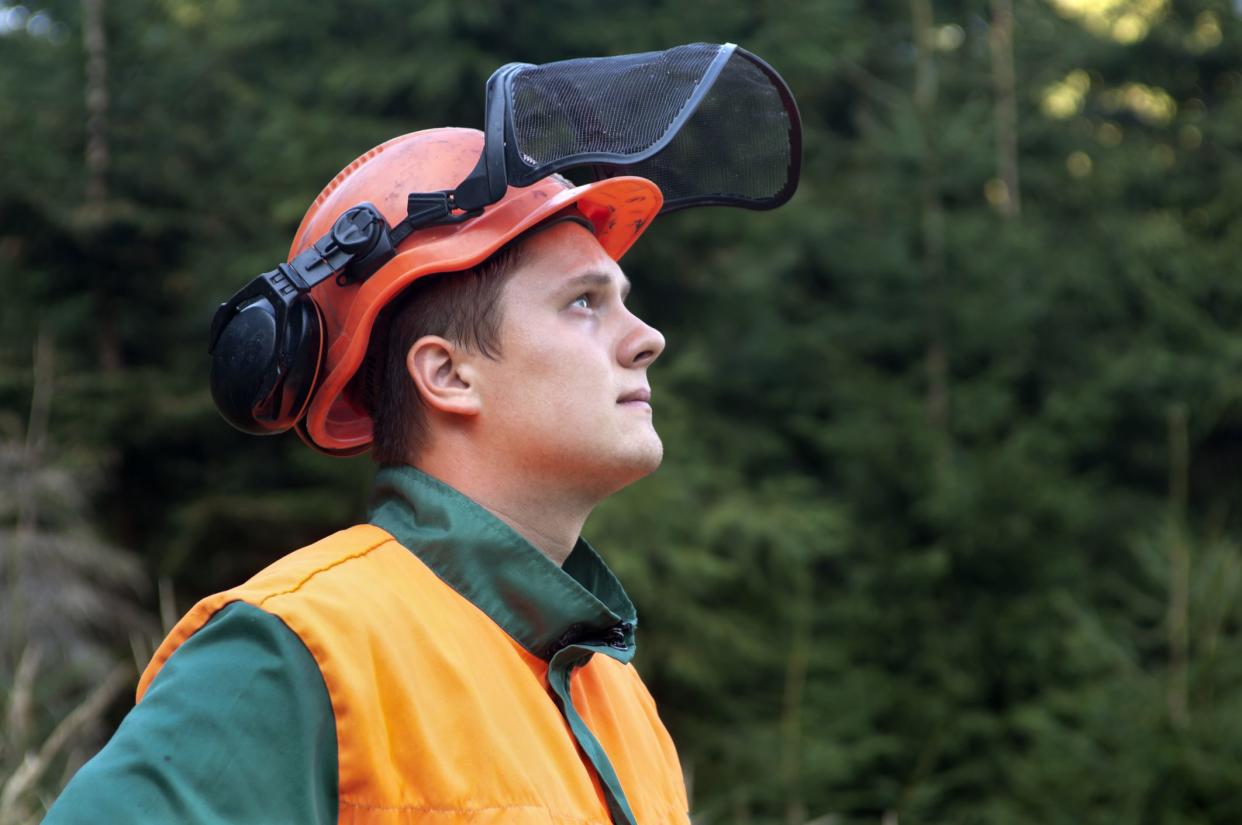
Maintain lands such as forests, open spaces, grasslands, and parks, and prevent wildfires.
Salary: $68,080
Pros: Protect land and wildlife habitats, property, and lives.
Cons: Work is often in rural areas and can involve potentially dangerous working conditions.
Related: The Deadliest Hurricanes and Other Natural Disasters in the U.S.
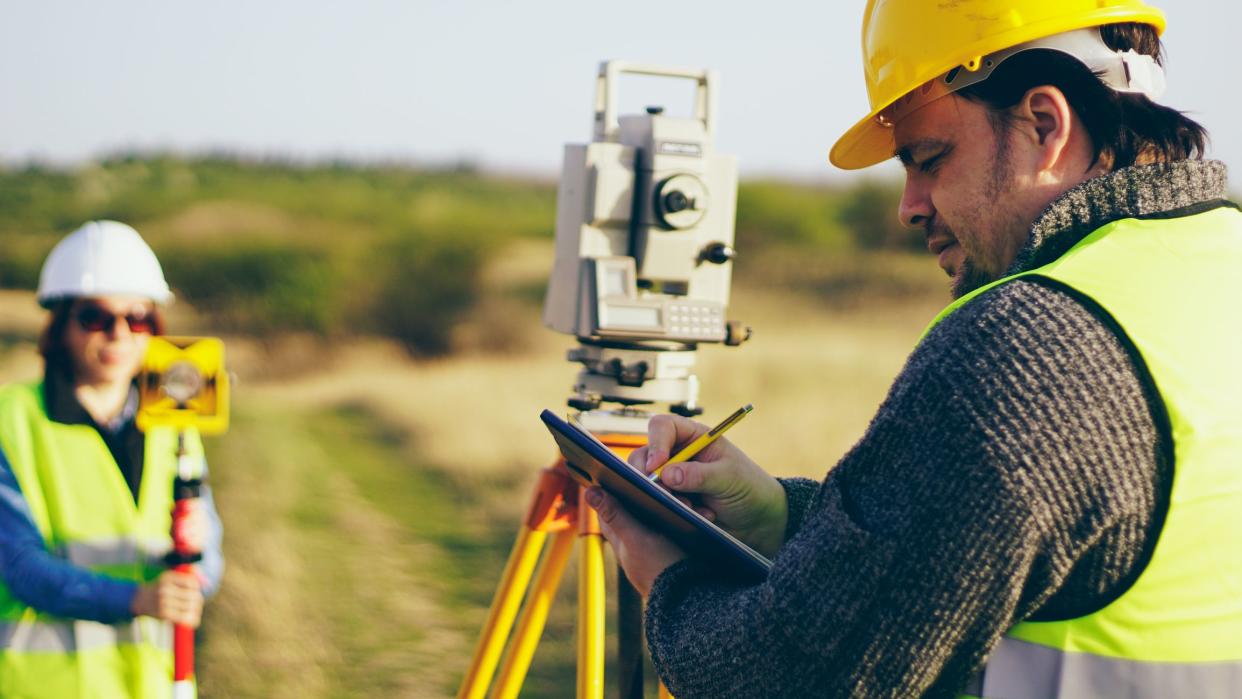
Measure and determine property lines using tools on-site to generate maps, charts, and graphs.
Salary: $68,880
Pros: Work individually or on teams, depending on preferences and job requirements.
Cons: Advances in technology mean fewer jobs.
Related: Watch Out for These Added Costs When Buying a House
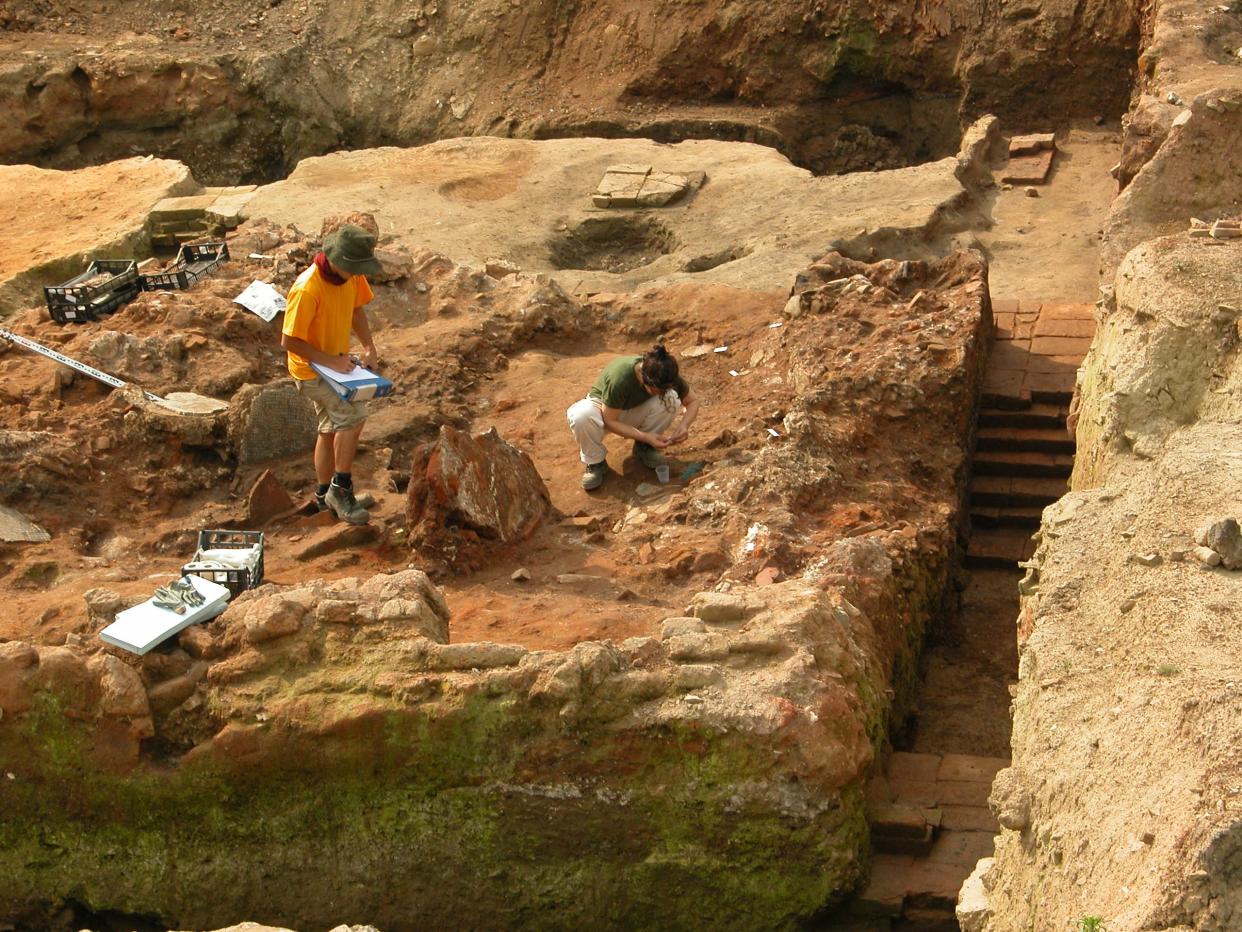
Gather artifacts and study ancient history to help shape understandings of cultures and civilizations, sometimes working in the field, sometimes in offices and labs.
Salary: $65,769
Pros: Potential for discovering and protecting never-before-seen artifacts.
Cons: Fieldwork may involve periods of extended travel in harsh weather conditions.
Related: Amazing Tourist Attractions That No Longer Exist

Study animals and how they interact with their environments and influence humans.
Salary: $70,300
Pros: A wonderful job for animal lovers.
Cons: Potential for rough or dangerous working conditions.
Related: 16 Well-Paying Jobs That Make Social Distancing Easy

Design and execute plans for outdoor spaces.
Salary: $74,980-plus depending on clientele and location.
Pros: Working outdoors while applying artistry to a project, says Jeremy Yamaguchi, CEO of Lawn Love.
Cons: A competitive field in which companies don’t invest in large projects regularly or reliably.
Related: 10 Tips for Landscaping on the Cheap

Produce the world’s food.
Salary: $78,440
Pros: Lots of independence, and being able to enjoy the fruits of labor on the dinner table.
Cons: Long hours of physically demanding labor, and a projected 6% drop in employment through 2029.
Related: When Is It Worth Buying Organic?

Collect information to draw maps.
Salary: $82,880
Pros: Use art to convey information, sometimes traveling to interesting locations to map them.
Cons: A competitive field, difficult to break into. Start with an internship, advises cartographer Thomas Faessler of Art in Context.
Related: 30 Most Satisfying Jobs That Also Pay Well

Capture images of people, animals, landscapes, or events around the globe.
Salary: $83,063
Pros: Getting to travel and experience different cultures and environments.
Cons: Travel costs and logistics as well as the potential for adverse weather.
Related: 30 Beautiful Destinations for Taking Photos Around the World

Protect the environment and everything living in it.
Salary: $86,980
Pros: Critical work as the world looks toward the effects of climate change and an increasing population. The field is expected to grow quickly.
Cons: Stress over onrushing disaster.
Related: 24 Earth-Friendly Habits That Can Save You Money

Study and solve technological and mechanical problems relating to agriculture, the environment and pollution, and how to process and store agricultural products efficiently.
Salary: $87,350
Pros: The satisfaction of helping feed the world’s growing population.
Cons: More time in a lab than outdoors compared with other outdoor professions.
Related: 13 Industries an Immigration Crackdown Could Hurt
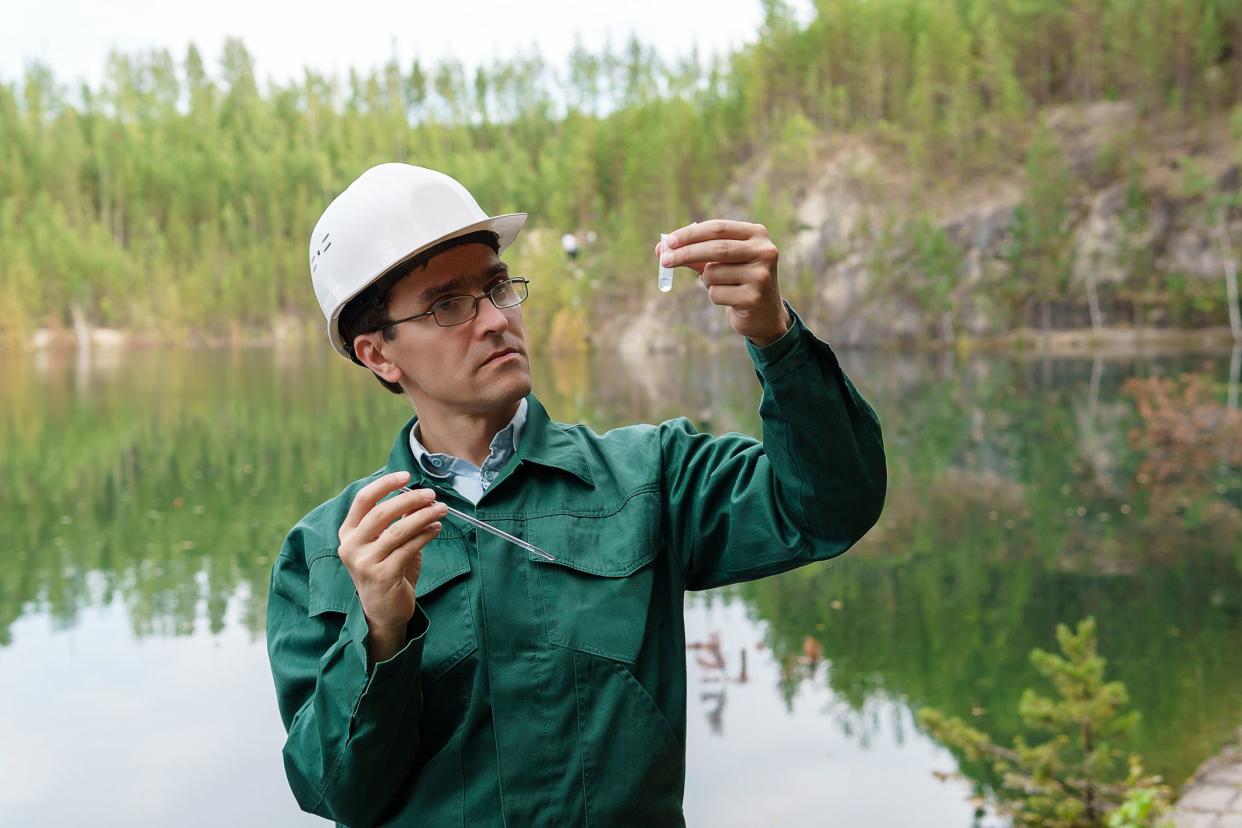
Study how surface water moves and how precipitation affects groundwater, solving problems relating to availability and quality of water.
Salary: $94,780
Pros: Helps ensure a sustainable future. Job demand is expected to grow faster than average through 2029.
Cons: Lots of time spent on computers analyzing data.
Related: How to Stop Spending $400 a Year on Your Lawn and Garden

“A vast umbrella” that includes studying solutions for transportation, the environment, and water resources, among other things, says Kathleen Arbogast, a transportation engineer in North Carolina.
Salary: $95,490
Pros: Seeing ideas implemented quickly. “Our construction timelines are much shorter than other engineering professions, so you’re able to see something you dreamed up built within your lifetime,” Arbogast says.
Cons: Often negative feedback from communities. “It is difficult to find a solution that perfectly balances the input from every stakeholder,” Arbogast says.
Related: The Best and Worst Cities in America for Driving

Study and predict the weather.
Salary: $96,880
Pros: Help people prepare for or avoid severe weather in a field where a job might get you on TV.
Cons: Long hours during adverse weather events, and a lot of time spent in a weather station, office, or lab compared with others on this list.
Related: 16 Hurricane Essentials You Don't Want to Be Without

Design, build, and maintain ships.
Salary: $97,820
Pros: Flexibility. Many jobs are coastal, which can be pleasant.
Cons: Jobs are mainly in defense, with few options to work on cruise ships or yachts, and can demand considerable time away from family. Naval architect Mikaela Cesario says it’s also a male-dominated field prone to sexism in the workplace.
Related: The Biggest U.S. Military Site in Every State
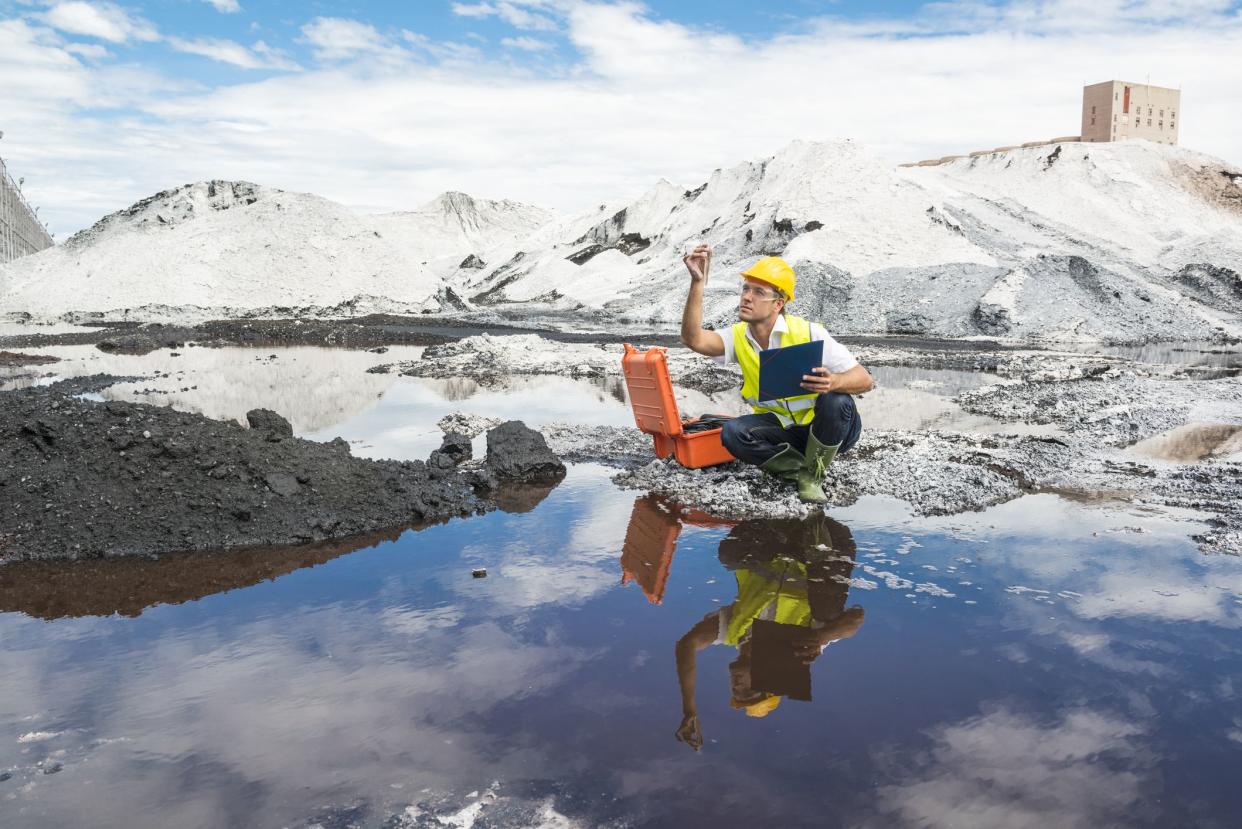
Fix environmental hazards by conducting fieldwork, including groundwater, soil, sediment, and surface water sampling.
Salary: $100,220
Pros: Safeguard the health of individuals and their community
Cons: Little flexibility in work hours, which can be long.
Related: 26 Companies That Are Doing Good Deeds With Your Dollars

Studying the land and how its features and inhabitants interact.
Salary: $103,550
Pros: High pay with the potential for lots of travel, often to foreign countries.
Cons: The number of jobs is on a slight decline. Travel to remote locations may provide few amenities.
Related: How Travel Will Change in 2020 and Beyond
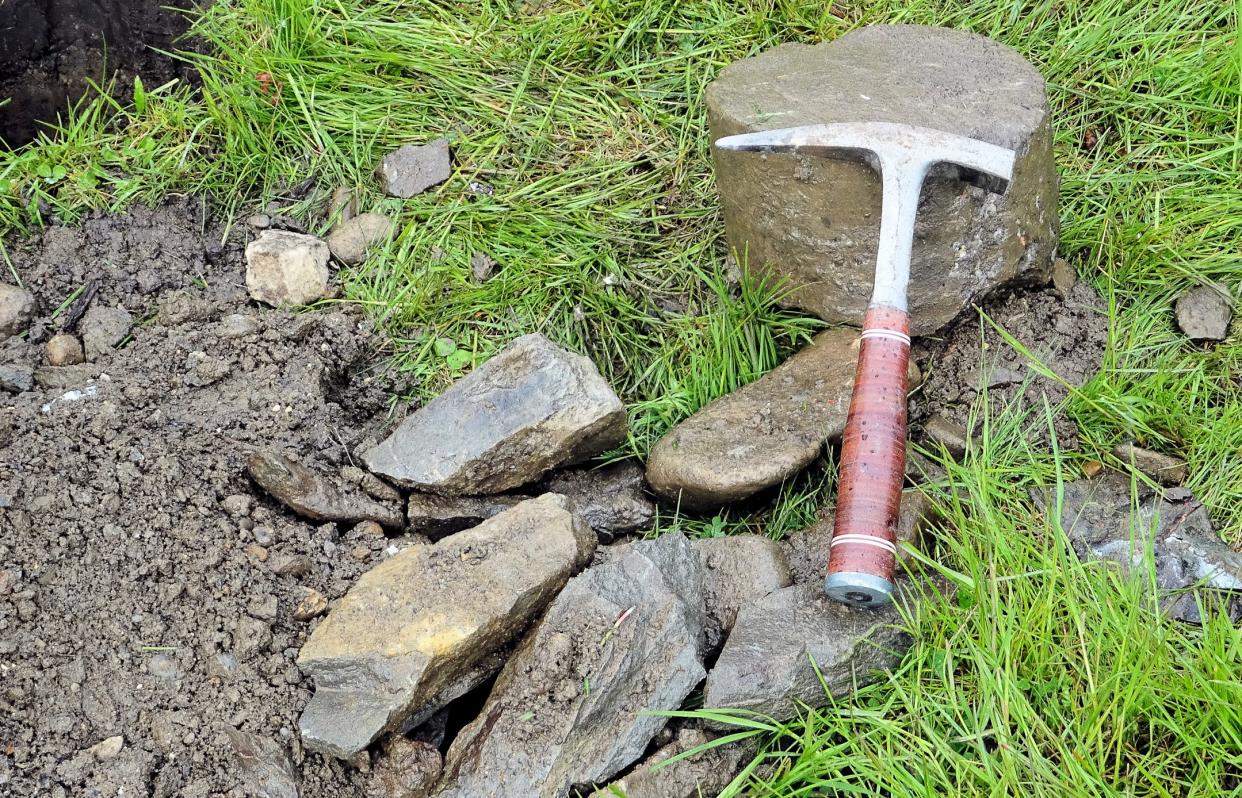
Study the planet to learn about the past and plan for the future.
Salary: $103,550
Pros: A good mix of indoor and outdoor work with travel opportunities in a field expected to grow faster than average through 2029.
Cons: Fieldwork can involve long hours and challenging physical labor in remote locations.
Related: The Dirtiest (and Cleanest) Big Cities in America

Oversee building projects, consulting with architects and engineers to make sure work is done on time and within budget.
Salary: $108,210
Pros: Seeing a project complete.
Cons: Long hours when busy, often including evenings spent in an office, and idle time and potential money flow issues when weather or the economy makes work impossible.
Related: America's 31 Tallest Buildings

Investigate comets, asteroids, planets around other stars, and space debris.
Salary: $139,410
Pros: The thrill of contributing to science … and sometimes travel. “I’ve been all over the world to use telescopes at different observatories and attend conferences,” says Susan Lederer, a NASA astronomer. “I’ve used many telescopes larger than me.”
Cons: Few jobs, getting increasingly fewer — and long hours if you get one. “Because it takes a lot of work and dedication, sometimes I’ve needed to work through holidays and birthdays,” Lederer says, “including my own.”
Related: See the Stars in These Dark Sky Destinations Across America

Extracting oil and gas from the earth and oceans.
Salary: $145,720
Pros: High salaries
Cons: Overtime is often required when traveling to drilling sites that may be remote and require work in harsh conditions.
Related: How Gas Stations Have Totally Transformed Over the Past Century
